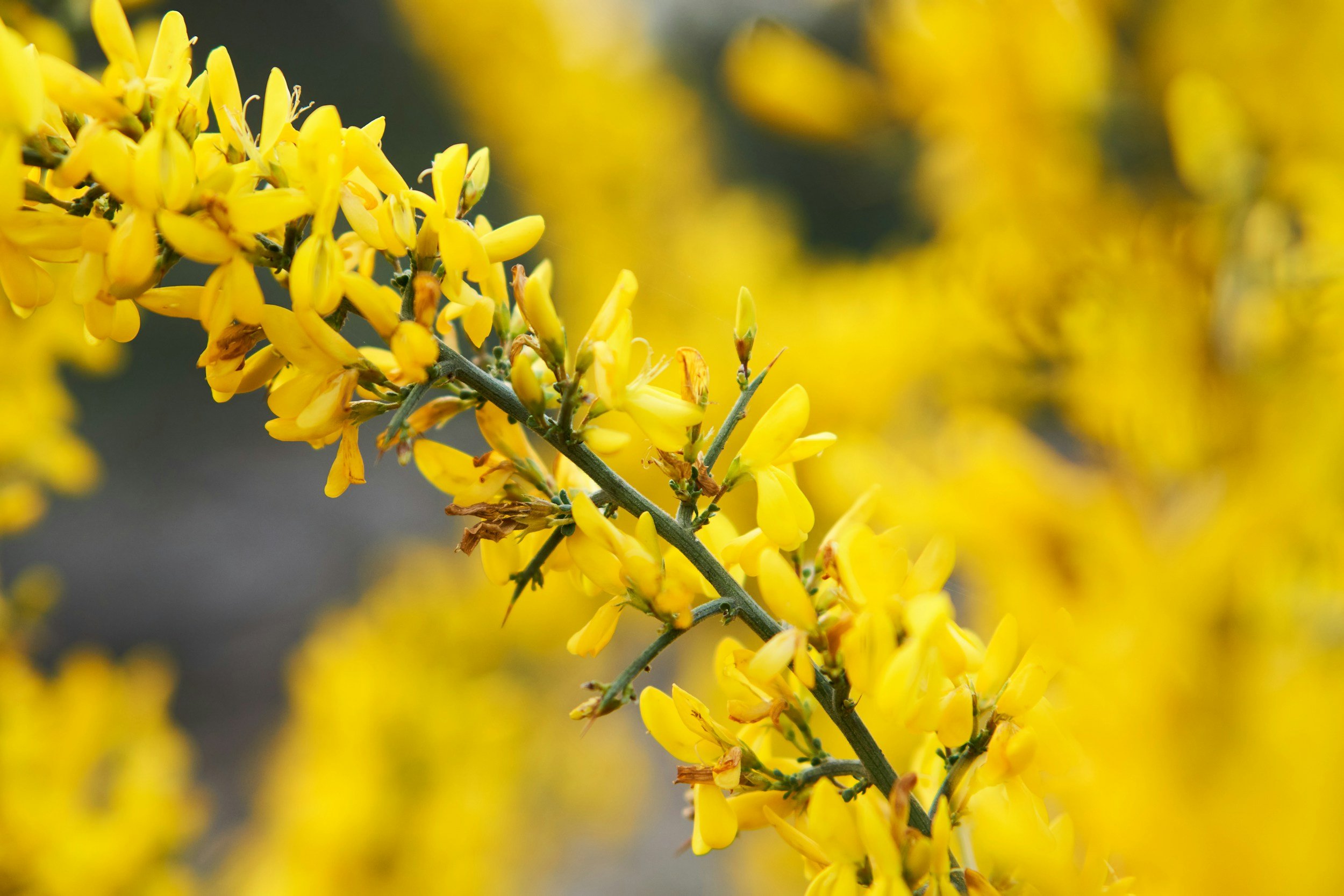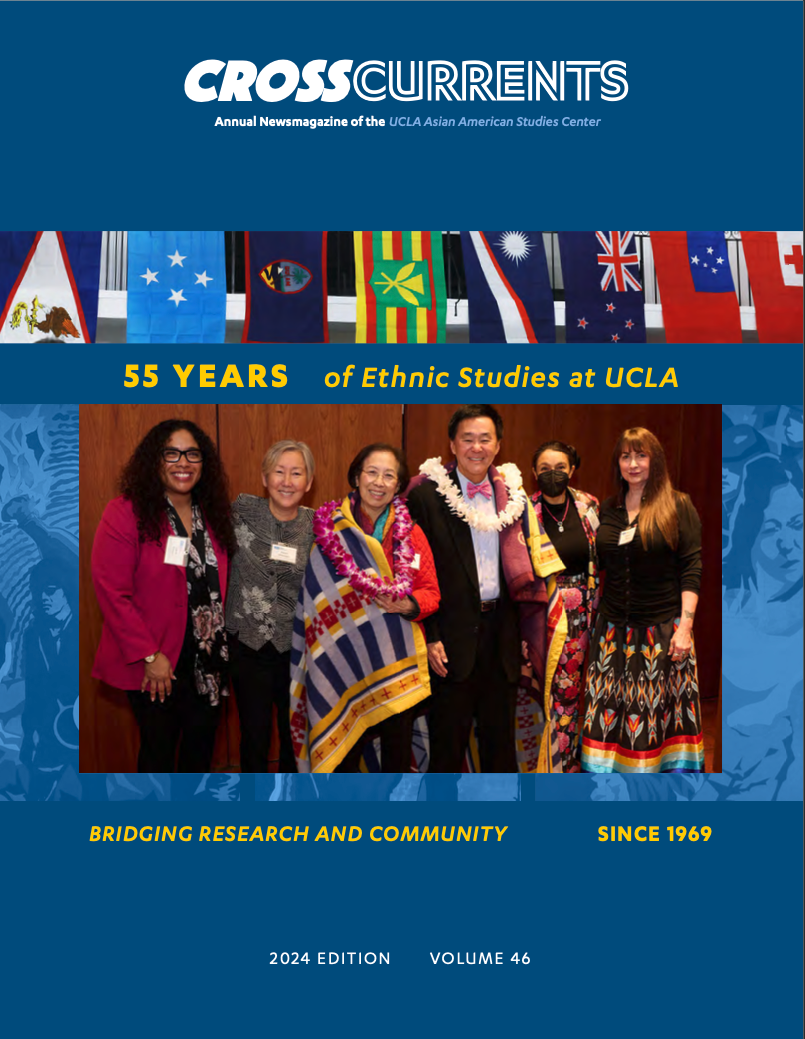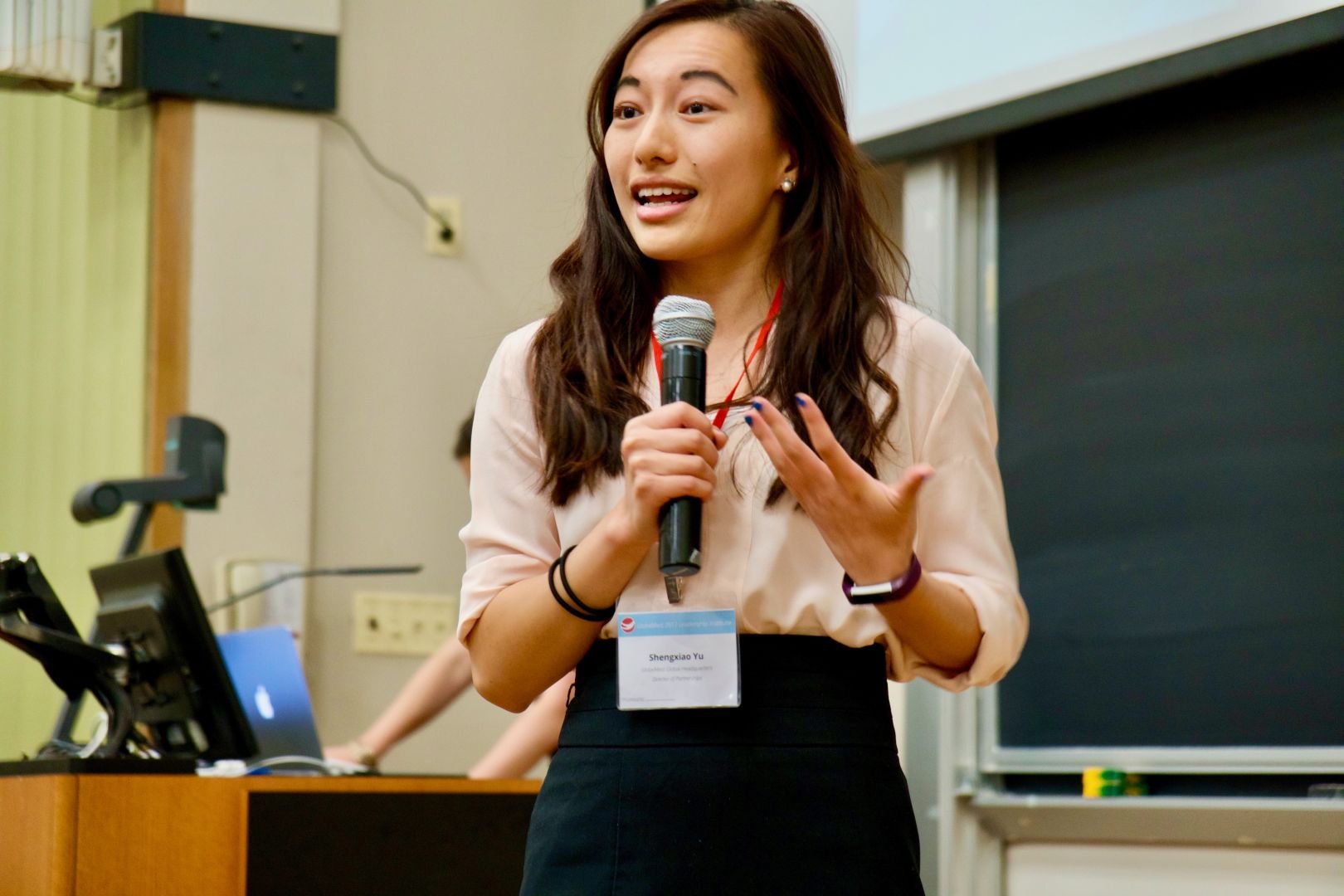
Asian American Futurism
Asian American Futurism is a multi-media project aimed at answering these questions:
1) What is Asian & Asian Pacific Islander American/ Futurism?
2) Can we redefine it to mean the Asian & Asian Pacific Islander Diaspora as it relates to the American Continent? i.e. from Tierra del Fuego to the coast of the Beaufort Sea?
3) What can Asian American & Asian Pacific Islander American Futurism become? A sanctuary for the Asian Diasporic empowerment?
4) Why was this URL available in 2022?
5) How does the Non-binary exist in Asian American & Asian Pacific Islander American Futurism?
TIME Magazine
How Communities of Color Have Found Strength, Joy and Comfort in a Year Like No Other
Along with 2 co-facilitators, I created a program called AARISE: Asian American Racialized Identity & Social Empowerment, a cohort-based program centered on Asian American political history, identity formation, and emotional processing and somatic healing.
Excerpt:
“It personally spoke to me because it was supposed to be a program and community that was focused on social justice and liberation,” Amy Ding, 24, says of why she decided to take the course. Following the murder of George Floyd, Ding felt compelled to learn more about her Asian American identity to be a better BIPOC ally. Ding and the six other Asian American women—ranging in age from their mid-20s to late 30s—wanted to continue to meet regularly after the course ended. Located across the U.S. in states from New York (where Ding lives) to Missouri to Texas, they started a WhatsApp group chat and have met virtually on Zoom every month since January. Following the Atlanta-area shootings on March 16, the community formed through AARISE was also a source of support for Ding. “I remember that moment being very tender for me, and this was certainly a group that I relied on,” she says. Although the women have not yet connected face-to-face, they share a tangible bond. “It’s feeling really seen and heard by these women,” Ding says of the group’s impact, “which is funny because I haven’t met any of them in person.”
UCLA Daily Bruin
The UCLA Activist-in-Residence program seeks to strengthen the infrastructure of social transformation by supporting local movement leaders, community organizers, and artists with university resources.
Excerpt:
The UCLA Activist-in-Residence program selected five new residents for its 2024 cycle…The program is committed to providing opportunities for a diverse group of Los Angeles activists to strengthen their work in generating social, racial, spatial and gender justice.
“Part of that founding history of how Asian American studies exists, how ethnic studies exist, was very much grounded in student activists’ desire to have educational curricula that included us,” Yu said. “I’m organizing with different Asian American groups that organize both around our specific histories and identities, but also to increase socio-political power and political consensus and unity among the community.”
Crosscurrents: UCLA Asian American Studies Center Newsmagazine
Shoutout LA
Excerpt:
My business, Nectar, was born during the second year of the pandemic. I often think about author Arundhati Roy’s words that the pandemic is a portal, “a gateway between one world and the next.” These words were a grounding force to propel me through the portal and create Nectar – a space dedicated to our collective liberation.
Throughout my career, I have worked in a variety of nonprofit and social sector spaces. My jobs have given me many opportunities to learn from grassroots community leaders and organizers. The more I learned, the more clearly I was able to see the intimate connection between the nonprofit industrial complex and the systems of oppression operating in our world. I realized that philanthropy relied on structural poverty and exploitation in order to exist. I also saw many organizations within our social change movements that were replicating the same problematic dynamics that we see in our larger world.
Podcast Features
Starting with her own immigration story, Sole teaches us about the rules of whiteness and the way all oppressive systems are connected. We talk about the journey we are all on as we wake up to truths we had not been aware of, and that not everyone wakes up at the same time. Sole emphasizes the need to be compassionate to those that are not there yet, while also recognizing that sometimes friendships dissolve when having these hard conversations. Sole’s work is rooted in her love of humanity, which is how I think she is able to maintain such joy and hope.
Artistas de Color Unidos is an LGBTQ and BIPOC-led nonprofit arts collective dedicated to spotlighting emerging artists of color. In this episode, host Kiara Nguyen is joined by Shengxiao “Sole” Yu of Nectar. We discuss Florida’s AAPI history bill, cross-cultural solidarity, the writer’s strike, and more.
Seats at the Table is a podcast exploring intersectional identities and our roles in creating a more socially just world through conversations with activists and immigrants. In the sixth session of SATT, christina pulls up a seat for Shengxiao Yu. Shengxiao shares insights about global health & international development, her immigration story, and Eastern Asian representation in popular media.








